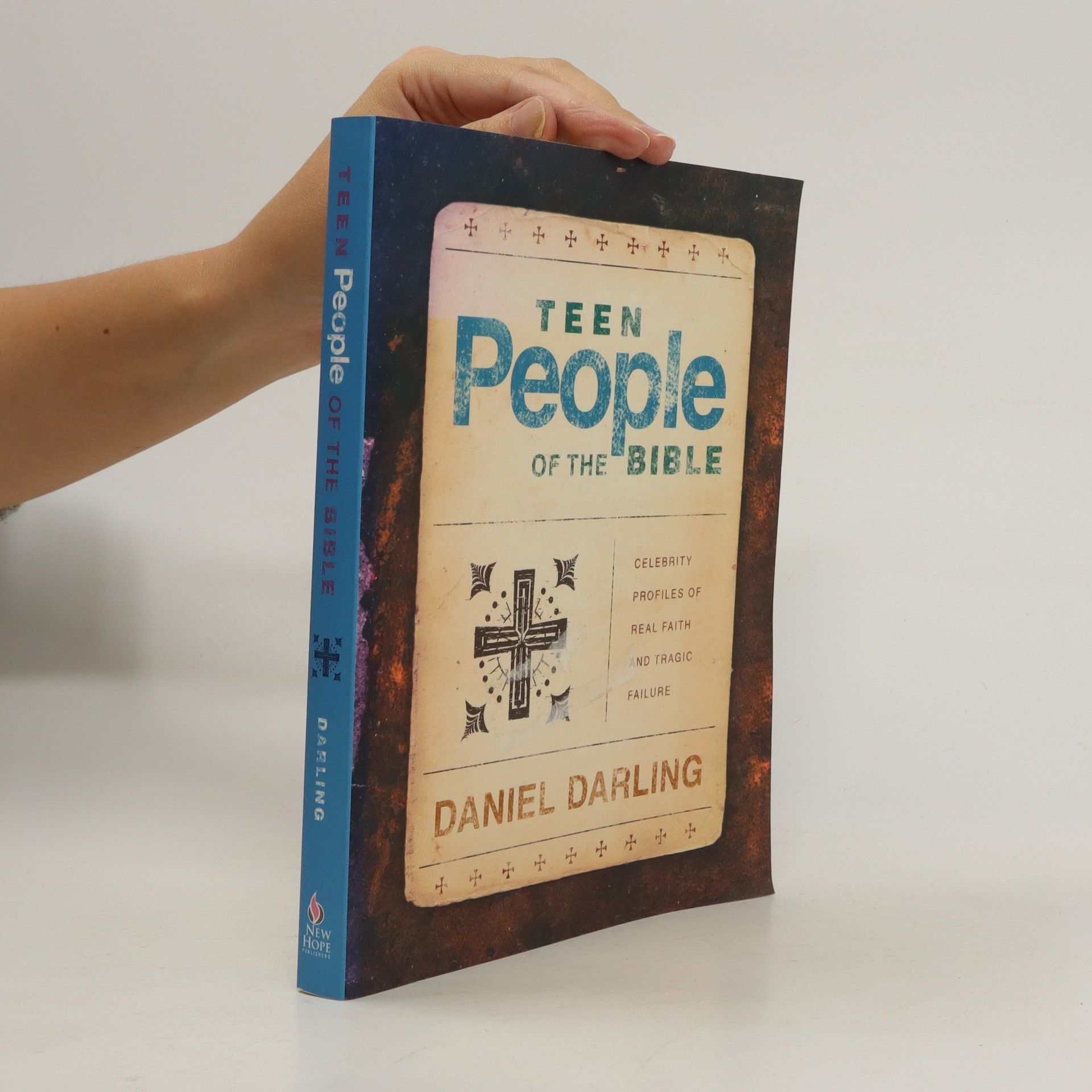Agents of Grace
- 224 pages
- 8 hours of reading
For each of us who feels discouraged about the divisions in our country, our churches, and our families, Daniel Darling offers a hope-filled way forward in this practical, compelling call to obey Jesus's command to love one another.

